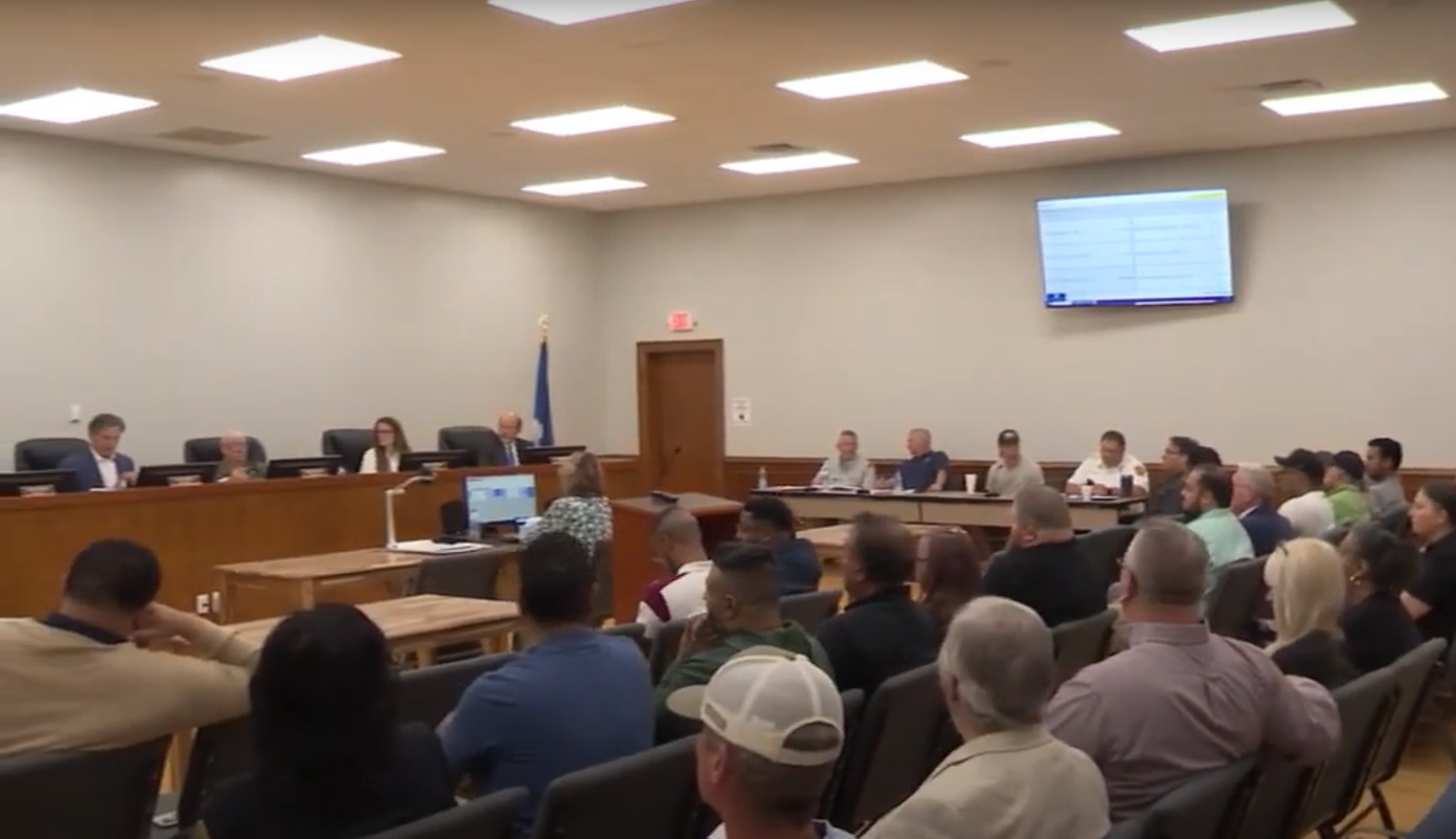Ouachita Parish Adds Another Kratom Ban to Louisiana’s Patchwork of Regulations
OUACHITA PARISH ADDS ANOTHER KRATOM BAN TO LOUISIANA’S PATCHWORK OF REGULATIONS

As the conversation around kratom trends toward regulation over prohibition, local governing bodies have become the primary parties trying to take action against kratom with the willingness to ban kratom at the state or federal level fading.
In Louisiana, another parish has taken action against kratom, and it has advocates of the plant concerned that more restrictive actions could be proposed in the future.
Despite back-to-back meetings that included contentious public hearings, the Ouachita Parish Police Jury voted 4-1 to enact a ban on kratom sales. In a move to “protect constituents,” the jurors voted to enact a ban with a significant gray area in direct opposition to the local business owners and kratom consumers who are set to bear the burden of the ban.
This process began at the Oct. 21, 2024, meeting of the police jury and the introduction of Ordinance No. 9500, a ban on kratom sales in the unincorporated areas of Ouachita Parish. At that meeting, a representative from the American Kratom Association spoke about the benefits of a regulated kratom market. Still, others waiting to testify were held off when the police jury voted to extend the public hearing into the next meeting.
That meeting took place on Nov. 4 and finally gave the two sides of the matter a chance to go back and forth on the proposed ordinance.
Similar to other hearings on kratom, those opposed cited warnings by federal agencies that did not include studies or data to support their claims. One opponent of kratom pointed to her son’s experience with kratom as a reason to enact the ordinance and ban products containing mitragynine, the most prevalent alkaloid present in the plant.
The only issue with the ordinance is the gray area it creates by the limited scope of how it is worded.
Limitations of the Ordinance
Ouachita Parish, similar to a county in other states, is the eighth largest parish in Louisiana and contains more than 160,000 residents. Per the proposed ordinance by the police jury, kratom sales would be banned in the unincorporated areas of the parish ONLY, meaning that the larger municipalities would set their kratom policy. That would exclude more than 60,000 residents from the ordinance and only affect business owners and residents outside city limits.
With easy access to kratom in nearby cities and towns, local business owners testified in front of the police jury that this ordinance would not only hurt their sales but would hurt the sales tax raised by the parish as more commerce was forced into the cities and towns where kratom access remained. The ordinance would also limit access to those customers in unincorporated areas who could not travel to buy kratom and could lead kratom users to turn to online retailers instead of products they can see before buying.
A familiar face in kratom discussions showed up to testify in favor of kratom and asked the police jury to consider the bigger picture when talking about the risk of serious adverse effects. John Shinholser is the president emeritus of the McShin Foundation and an advocate for veterans. Shinholser testified in committee meetings before the Louisiana state legislature in 2023 and echoed a similar message in pleading with the police jury to maintain access to kratom.
Although there are concerns about adulterated products and other bad actors in the supplement market, Shinholser pointed out the value of maintaining access to products from responsible manufacturers. As more kratom producers adhere to regulations and standards, similar to the standards of Good Manufacturing Practices (GMP), Shinholser said customers are better off turning to a natural product instead of seeking out more dangerous substances or buying from unknown online retailers.
“I don’t know any parent in America who lost their child to an overdose who wouldn’t want their child on a GMP product… a kratom product,” Shinholser said. “The benefits far outweigh the disadvantages of it.”
Pushback from the Jury
Juror Michael Thompson was the only voice on the police jury who spoke in favor of kratom and brought up the Food and Drug Administration’s failed attempt to ban kratom. The Lousiana legislature also attempted to ban kratom, while at the same time debating a robust set of regulations, and settled on an age requirement of 21 years old to purchase kratom.
For those reasons, Thompson opposed taking action at the local level and publicly voiced concerns that this measure could be used for more nefarious purposes down the road. While law enforcement said violators would receive citations rather than face arrest, the idea of elevating local kratom bans has been floated in Louisiana.
As part of a decision influenced by false information from law enforcement, the Tangipahoa County Parish Council voted to ban sales locally and hinted at future, more restrictive measures. If the police jury were to take similar measures, Thompson argued, it could lay similar groundwork for more serious penalties for kratom users.
Despite all the voices in favor of reasonable kratom regulation, the police jury voted 4-1 to adopt the ordinance. Changes to the parish code will go into effect on Dec. 1, 2024. Police Jury President Shane Smiley said they extended the public hearing to a second meeting to hear all sides, but in the end, still felt adopting the ordinance was the best path forward.
“One side felt like we were making a hasty decision,” Smiley said. “This is certainly not something that is personal, it’s a business decision that’s being made tonight out of concern for constituents.”





